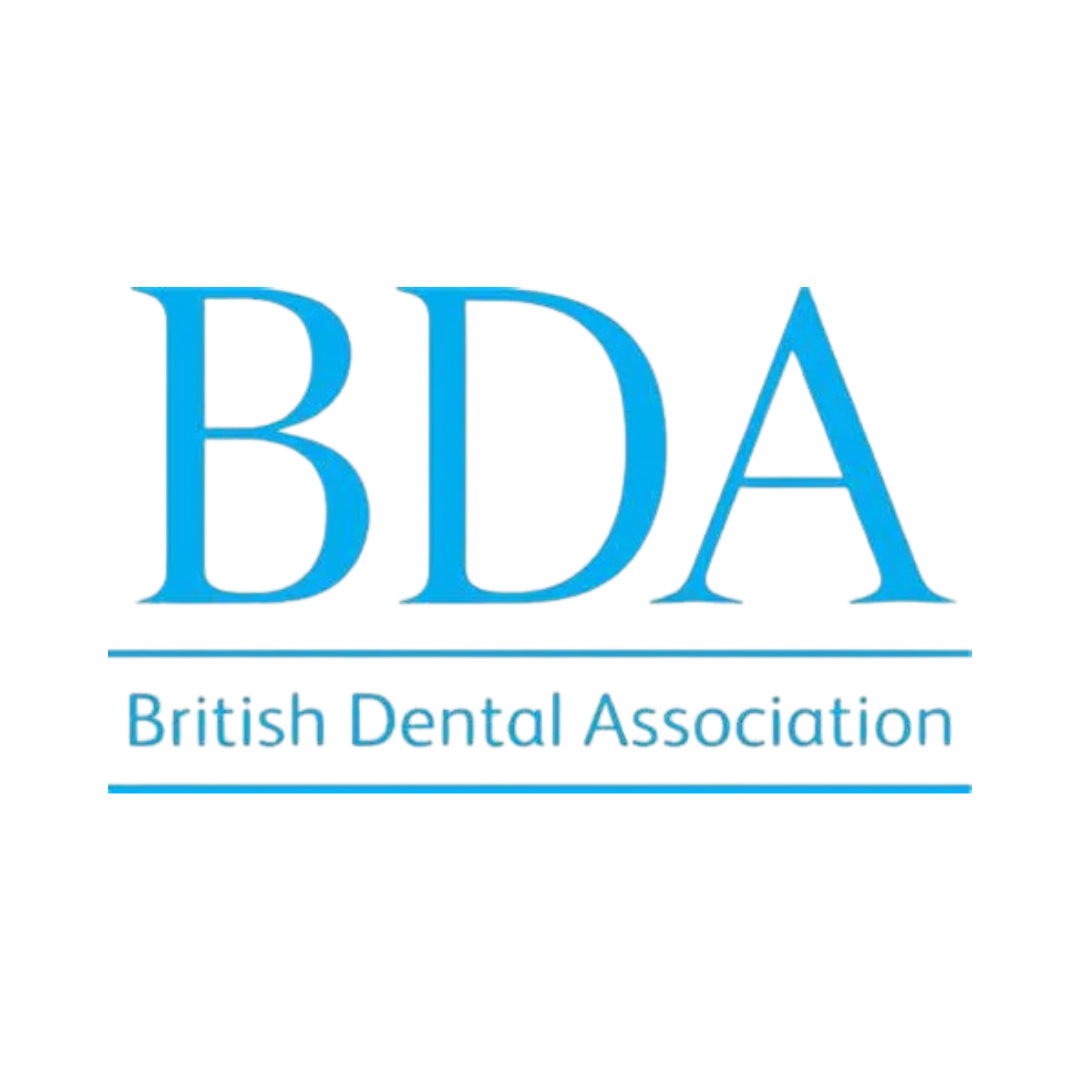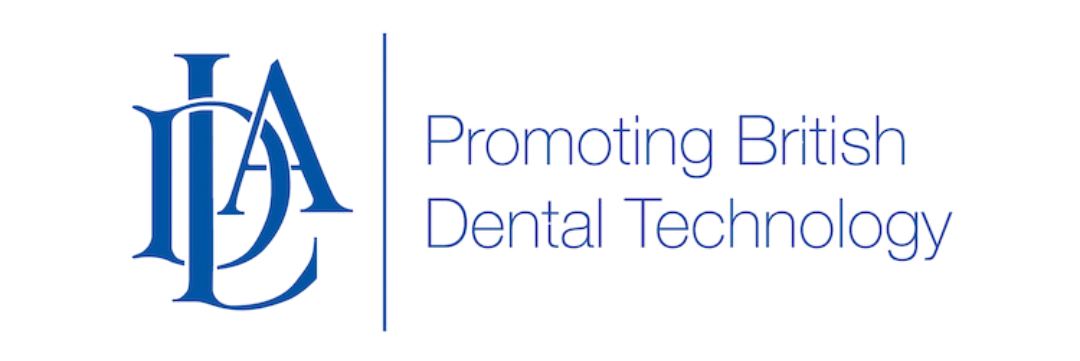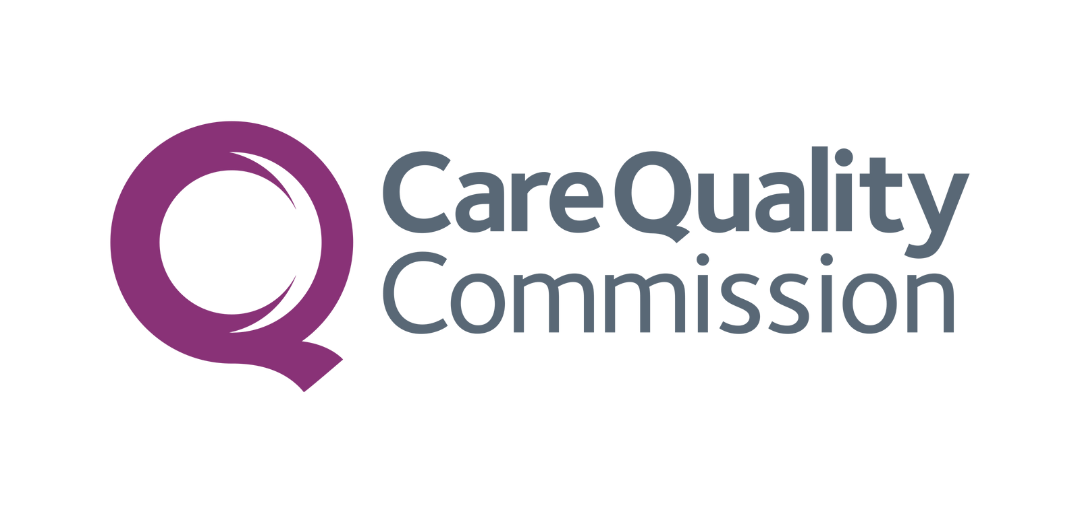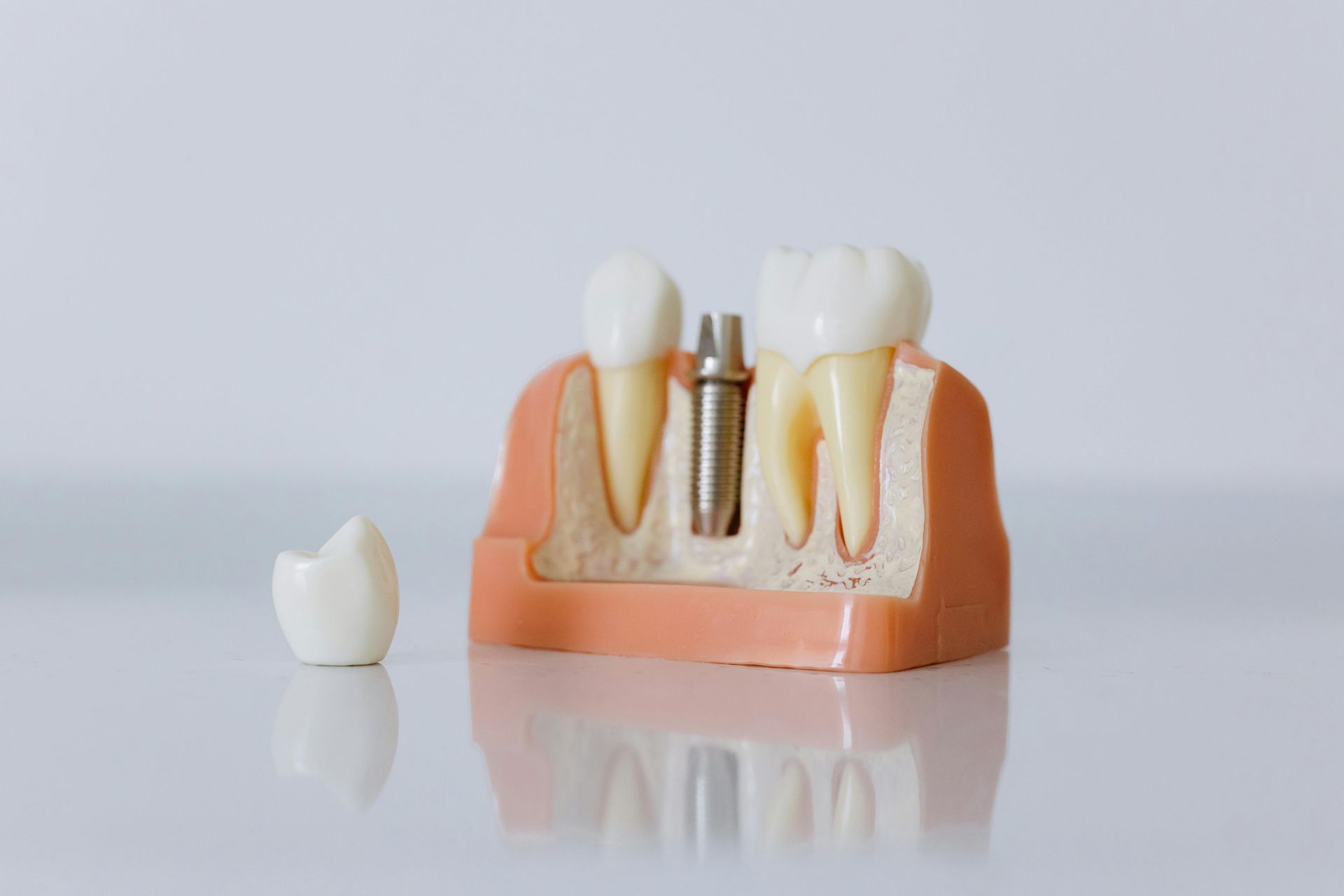
Oral Surgery in London
When complex dental issues arise, oral and maxillofacial surgery in London offers precise solutions for your mouth, face, or jaw. From wisdom tooth removal to intricate implant procedures, our highly trained oral surgeons work closely with your dentist in London to create a tailored treatment plan.
Oral Surgery in Ealing
When complex dental issues arise, oral and maxillofacial surgery in Ealing offers precise solutions for your mouth, face, or jaw. From wisdom tooth removal to intricate implant procedures, our highly trained oral surgeons work closely with your dentist in Ealing to create a tailored treatment plan.
When Do I Need an Oral Surgeon?
Your dentist in Ealing will refer you to an oral surgeon if your treatment requires specialised expertise, such as complex extractions or jaw-related procedures.
What Is Oral and Maxillofacial Surgery?
What to Expect During Your Visit
Aftercare & Healthy Habits
What Is Oral and Maxillofacial Surgery?
Oral and maxillofacial surgery is a specialised branch of dentistry that deals with the diagnosis and surgical treatment of conditions affecting the mouth, jaw, face, and neck. Unlike routine dental treatments, these procedures often involve deeper structures such as bone, nerves, and soft tissue. A highly trained oral surgeon works closely with your general dentist in Ealing to manage complex cases like wisdom tooth removal, dental implants, jaw alignment surgery, and more.
Whether you’re dealing with impacted wisdom teeth, persistent jaw pain, or preparing for reconstructive treatment, a skilled oral surgeon in Ealing will provide expert care tailored to your needs—often using sedation or general anaesthesia for a more comfortable experience.
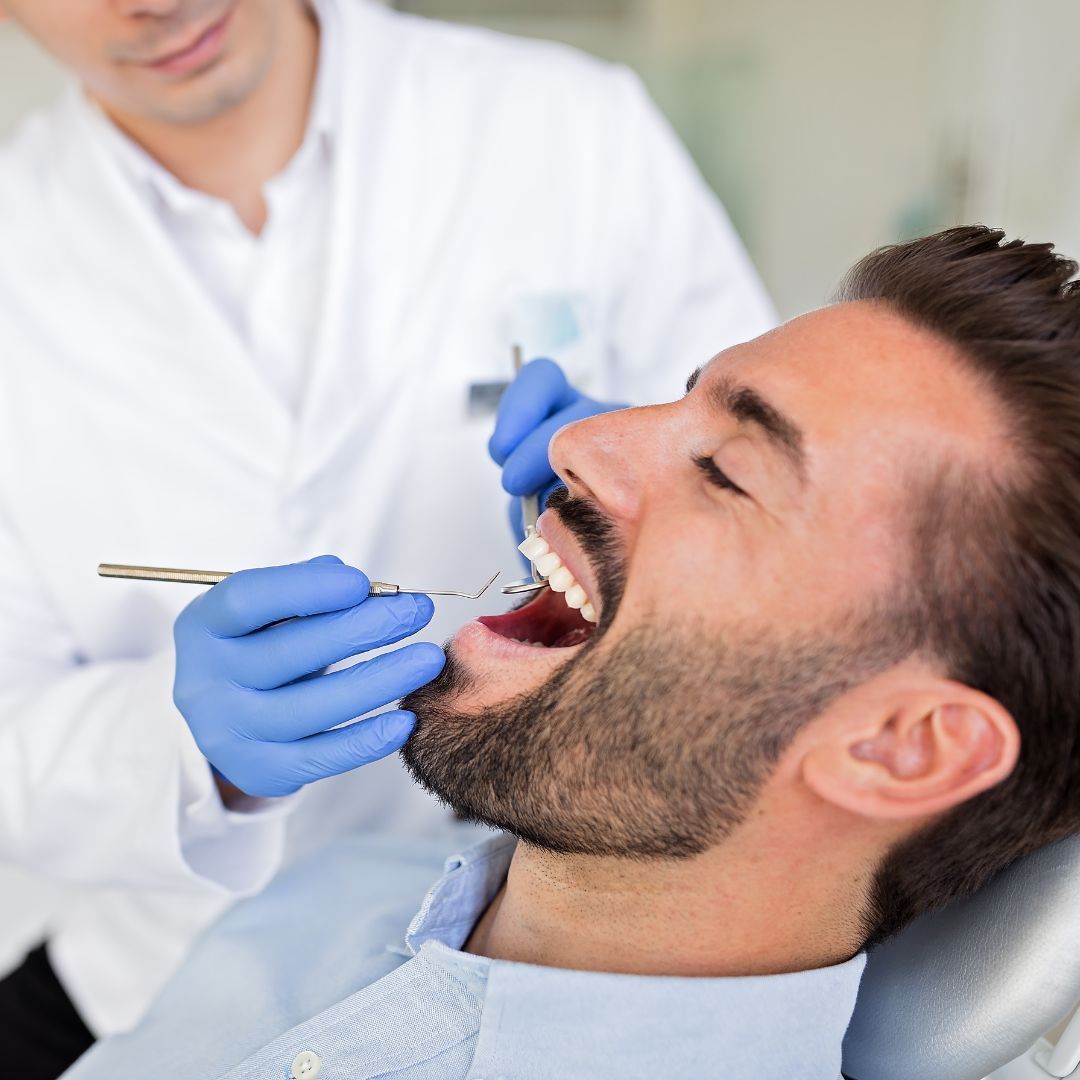
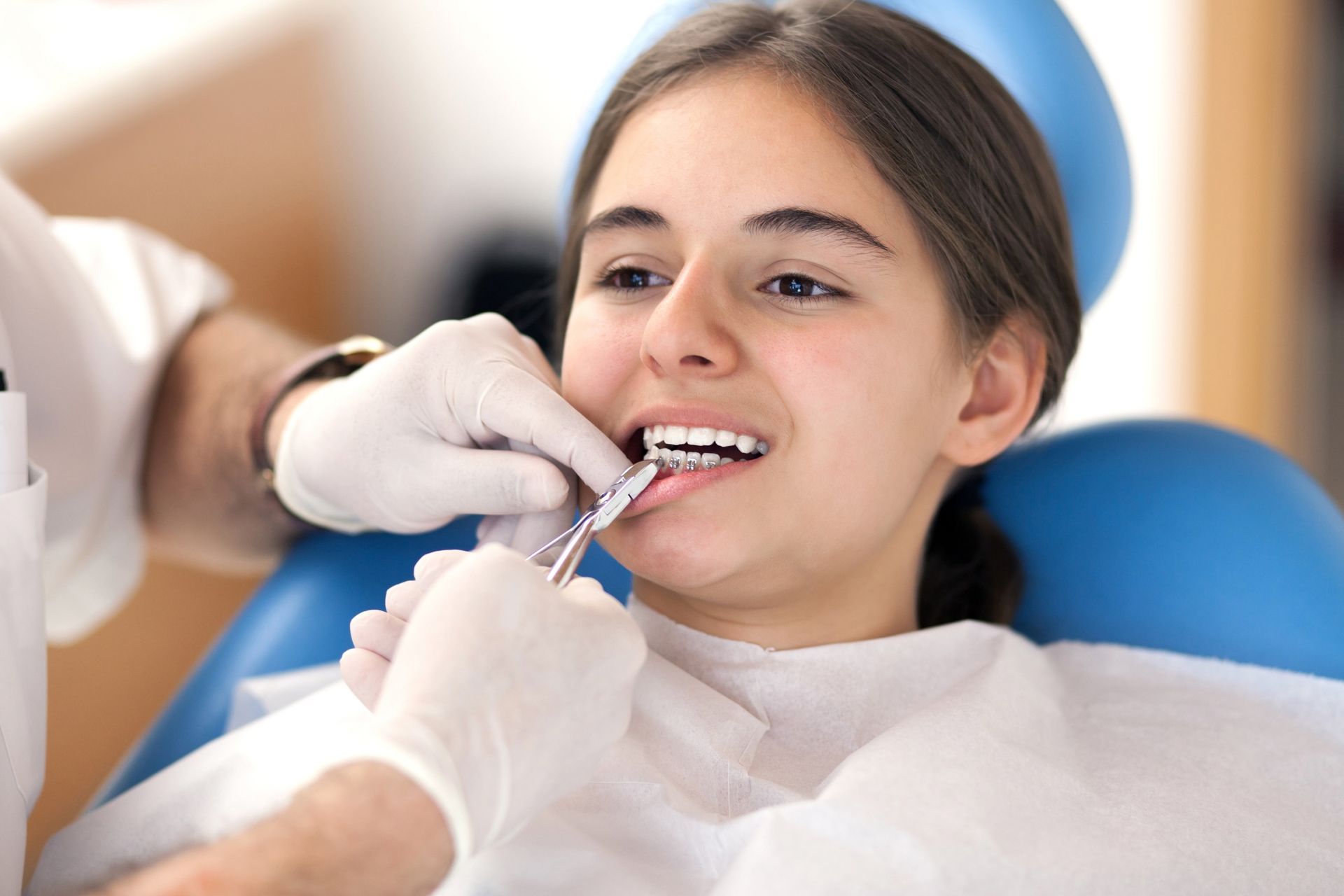
What to Expect During Your Visit
Your treatment will typically include two or more appointments:
- Consultation – Your Ealing dentist or oral surgeon will assess your case using X-rays or 3D scans, explain the procedure in detail, and review any risks or alternatives. You’ll have time to ask questions and discuss sedation options.
- Surgical Procedure – Whether it’s a simple extraction or a complex corrective surgery, your treatment will be performed under appropriate anaesthesia for your comfort. You may be prescribed antibiotics or pain relief before or after your appointment.
- Follow-Up – Depending on your procedure, follow-up visits will ensure proper healing, remove sutures if needed, and monitor results.
Your oral surgeon or Ealing dentist will work with you every step of the way to ensure you’re well-informed and cared for throughout the process.
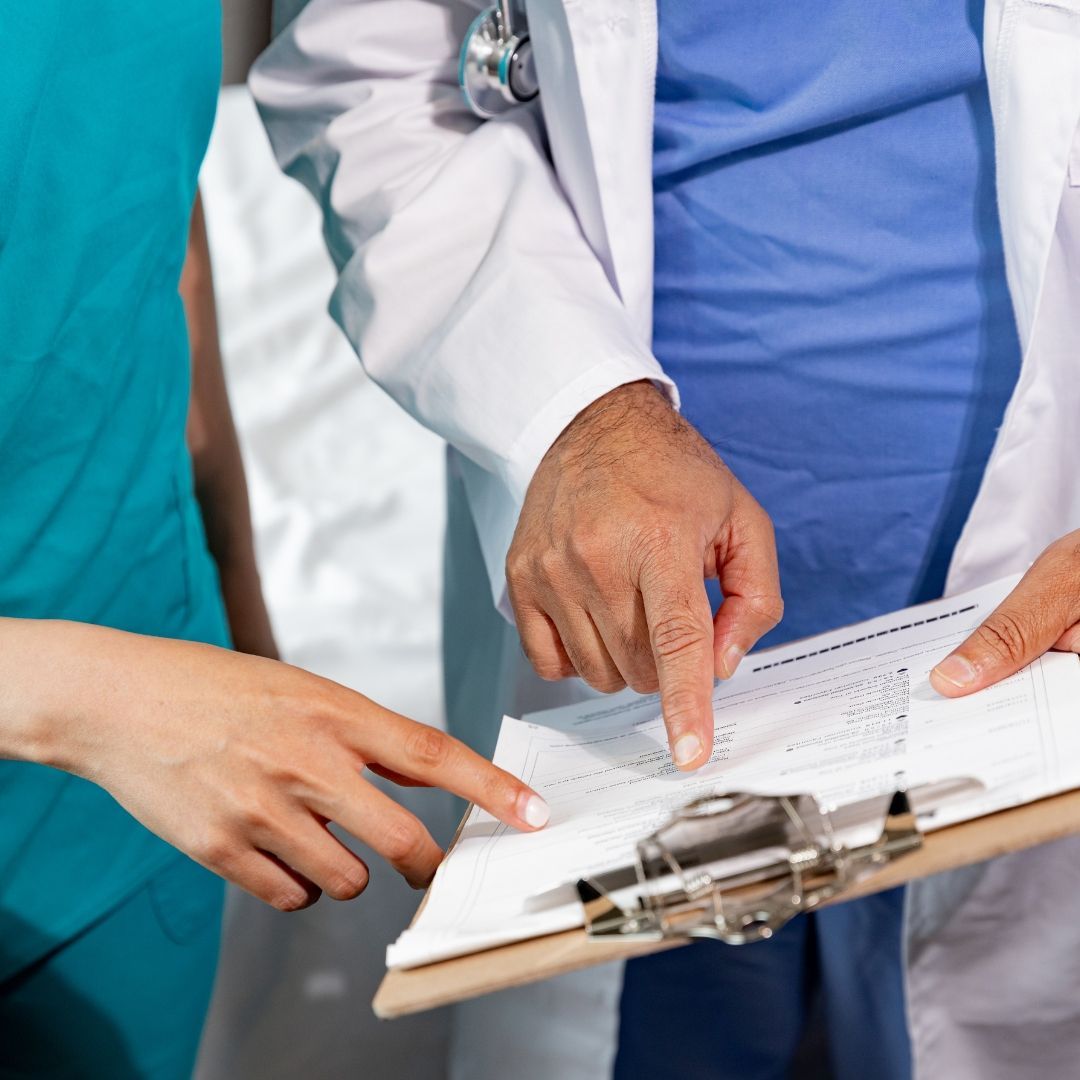
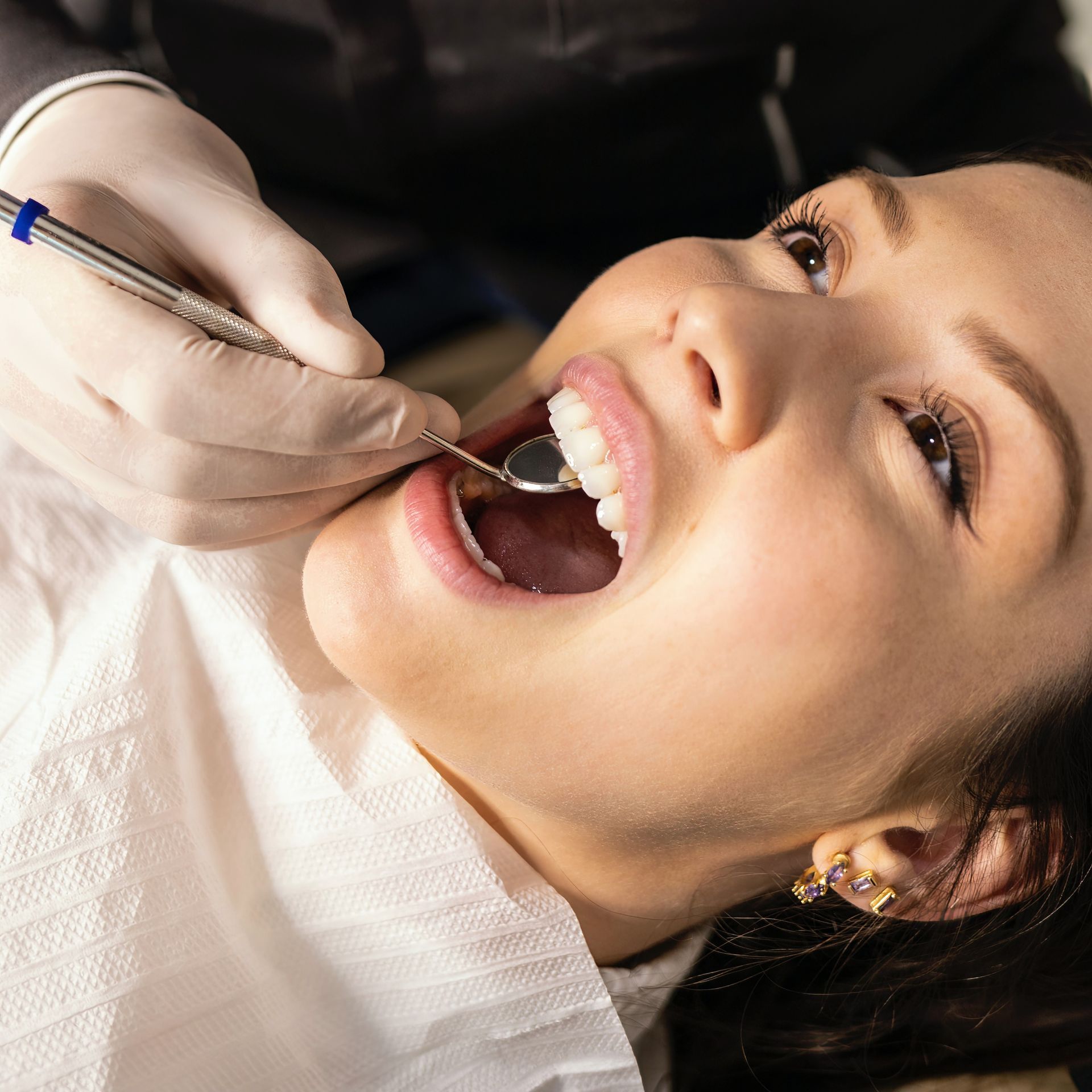
Aftercare & Ongoing Visits
Recovery after oral and maxillofacial surgery varies based on the procedure. In most cases, you’ll need to rest for 24–72 hours and follow strict post-operative guidelines. These may include:
- Avoiding hard, spicy, or very hot foods for several days
- Applying cold compresses to manage swelling
- Taking prescribed medications exactly as directed
- Keeping your head elevated when resting
Good oral hygiene is still important during recovery—gently brush around the surgical site and avoid using mouthwash unless recommended. If you’ve had sedation or general anaesthesia, do not drive or operate machinery for at least 24 hours.
Most importantly, attend all follow-up appointments with your dentist in Ealing to monitor healing and avoid complications. Following your surgeon’s instructions carefully will promote faster recovery and protect the success of your treatment.
Call Now & Book your appointment
Simple Booking
Easy online, phone or WhatsApp appointment scheduling.
Friendly Experts
Skilled, caring team focused on your comfort and care.
Modern & Calm
State-of-the-art clinic in a relaxed, welcoming space.
Results That Last
Personalised treatments designed for natural, long-term results.
NEED TO KNOW
How Many Appointments Are Needed?
You’ll typically need at least two appointments with your Ealing dentist or oral surgeon:
Consultation: Your oral surgeon will discuss the procedure, explain costs, and answer your questions to ensure you feel confident.
Surgery: The procedure takes place, with follow-up care as needed.
Additional visits may be required, depending on your treatment plan, as advised by your Ealing dentist.
How Long Do Appointments Take?
The consultation typically lasts 30–45 minutes.
Surgical appointments range from 1–2 hours, depending on the procedure’s complexity.
Before Your Appointment
Your dentist in Ealing may inquire about:
Your dental and medical history
Your daily oral hygiene routine
Before Your Appointment
No preparation is needed for the consultation. For the surgery, your oral surgeon will provide specific instructions, such as:
- Taking prescribed pre-procedure medications
- Arranging for someone to drive you to and from the appointment
- Following fasting guidelines if sedation is used
If your procedure requires general anaesthesia in a hospital, you should:
- Organise transport to and from the hospital
- Adhere to pre-anaesthetic instructions provided by your oral surgeon
After Your Appointment
Your Ealing dentist or oral surgeon will give you detailed post-surgery instructions tailored to your procedure. If sedation or general anaesthesia was used, you must:
- Have someone accompany you home
- Avoid driving or operating machinery for at least 24 hours
Your Trusted Dentist in Ealing
Book Your Dental Appointment in Ealing Today
Ready to address your dental needs? Book your oral and maxillofacial surgery consultation with a trusted Ealing dentist today and explore flexible payment plans!
FAQs
Do I need a referral to see an oral surgeon in Ealing?
In most cases, yes. Your general dentist in Ealing will refer you to an oral surgeon if your dental issue requires specialist care—such as impacted wisdom teeth, jaw misalignment, or complex implant placement. This ensures you receive the most appropriate treatment based on your individual needs.
What procedures are considered oral and maxillofacial surgery?
Oral and maxillofacial surgery covers a wide range of treatments, including:
Wisdom tooth extraction (especially impacted ones)
Dental implant placement
Jaw correction surgery (orthognathic surgery)
Treatment for facial trauma
TMJ (jaw joint) disorders
Biopsies and removal of cysts or lesions
If you're unsure whether your case requires a specialist, your emergency dentist in London can provide urgent evaluation and guidance.
Will oral surgery be painful?
No. Most oral surgeries are carried out under local anaesthetic, conscious sedation, or general anaesthesia, depending on the complexity of your case and your comfort level. After surgery, you might experience mild swelling or tenderness, but your Ealing oral surgeon will prescribe pain relief and recovery tips to manage discomfort effectively.
How long does it take to recover after oral and maxillofacial surgery in Ealing?
Recovery time depends on the type of surgery. Simple extractions may require just 2–3 days of rest, while more invasive procedures—like jaw surgery or multiple implant placements—can require 1–2 weeks of healing. Following your surgeon’s aftercare instructions is key to avoiding complications and ensuring a smooth recovery.
Is oral surgery safe?
Yes, when performed by a qualified oral surgeon in Ealing, these procedures are highly safe and follow strict clinical protocols. However, as with any surgery, there are small risks like infection, bleeding, or temporary nerve sensitivity. Your dentist or oral surgeon will explain all potential risks before treatment so you can make an informed decision.
What should I do if I have a dental emergency after oral surgery?
If you experience unexpected pain, swelling, bleeding, or signs of infection after your procedure, contact your dental clinic immediately. Many practices offer support from an emergency dentist in Ealing who can assess your symptoms quickly and provide urgent care or reassurance if needed.


